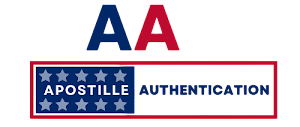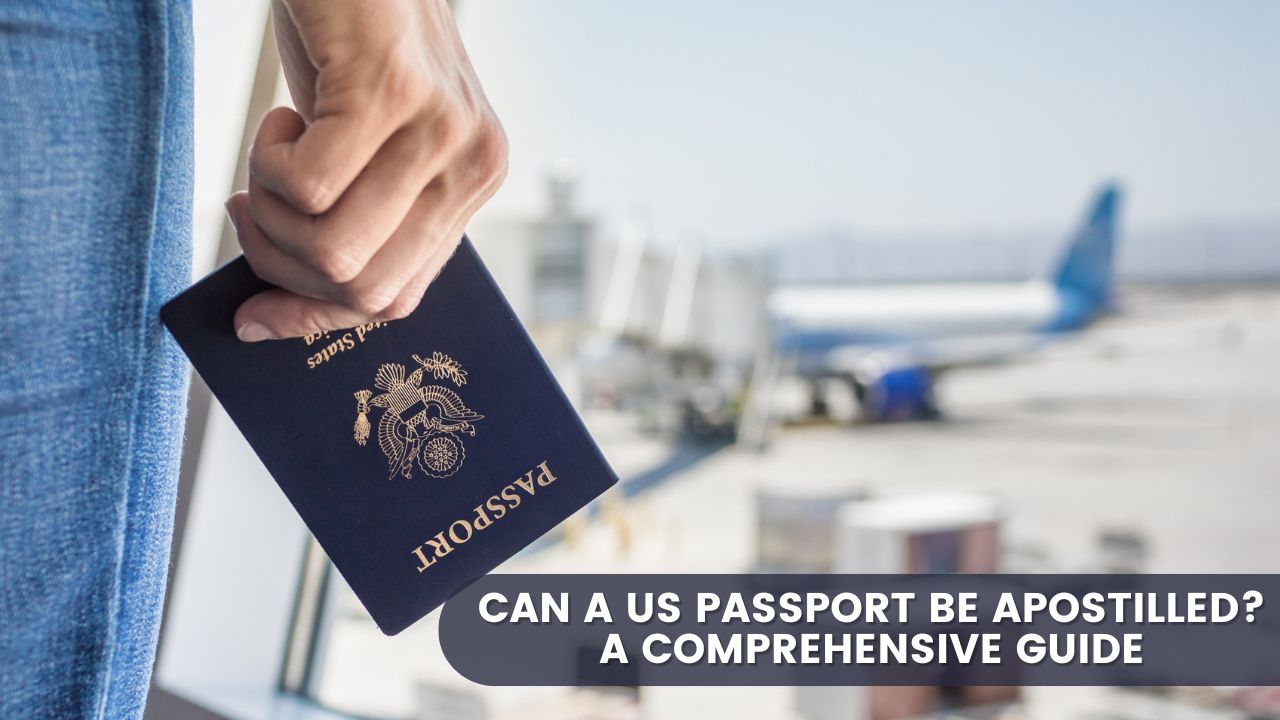In today’s interconnected world, international travel and business transactions often require official documents to be authenticated. One common question that arises is, “Can a US passport be apostilled?” This comprehensive guide will explore the intricacies of apostilles, their relationship to US passports, and provide you with all the information you need to navigate this sometimes confusing process.
Understanding Apostilles and US Passports
What is an Apostille?
An apostille is a form of authentication issued to documents for use in countries that participate in the Hague Convention of 1961. It serves as a certification that a document is legitimate and can be accepted in foreign countries that are part of this convention.
The Role of US Passports
US passports are official government-issued documents that serve as proof of identity and nationality. They are widely recognized internationally and are typically accepted without additional authentication in many countries.
While US passports cannot be apostilled, it’s crucial to understand the international landscape of document authentication. For a comprehensive overview of global requirements, explore our detailed guide on which countries require an apostille for various official documents, including passports, birth certificates, and other vital records. This information is essential for anyone navigating the complexities of international travel, business, or legal matters across borders.
Can a US Passport Be Apostilled?
The Simple Answer
No, US passports cannot be apostilled. This might come as a surprise to many, but there’s a good reason for this policy.
Why US Passports Are Not
Apostilled US passports are considered self-authenticating documents. This means they are inherently recognized as official and genuine without the need for additional certification. The US Department of State, which issues passports, does not provide apostilles for passports because they are already internationally recognized as valid identification documents.
Understanding the nuances of document authentication, especially for crucial items like passports, can be challenging. If you’re seeking expert guidance on apostille services, authentication processes, and solutions for a wide range of official documents, our main page offers a wealth of information on apostille and authentication services. From educational resources to professional assistance, you’ll find everything you need to ensure your documents meet international standards and requirements.
The Process of Authenticating US Passports
While US passports cannot be apostilled, there are alternative methods of authentication when necessary:
State Department Authentication
In rare cases where additional authentication is required, the US Department of State can provide a certification of authenticity for a US passport. This process involves:
- Submitting a request to the US Department of State
- Providing the original passport or a certified copy
- Paying the required fee
- Waiting for the authentication to be processed
It’s important to note that this authentication is different from an apostille and is not commonly required.
While US passports can’t be apostilled, there are alternative methods for authenticating these important documents when necessary. To learn more about these options, including State Department authentication, notarized copies, and consular authentication, check out our comprehensive guide on alternatives to apostille for US passports. This resource provides invaluable information for those facing unique authentication requirements or dealing with countries that may request additional verification of US passports.
Alternatives to Apostilles for US Passports
Notarized Copies
Some countries may accept a notarized copy of a US passport as an alternative to an apostilled document. This involves:
- Making a photocopy of your passport
- Having the copy notarized by a licensed notary public
- Potentially getting the notarized copy authenticated by the Secretary of State’s office in your state
Consular Authentication
For countries not part of the Hague Convention, consular authentication might be required. This process typically involves:
- Getting your document notarized
- Authenticating it with your state’s Secretary of State
- Having it authenticated by the US Department of State
- Finally, getting it authenticated by the embassy or consulate of the country where you’ll use the document
International Recognition of US Passports
Hague Convention Countries
Countries that are part of the Hague Convention generally accept US passports without requiring an apostille or additional authentication.
Non-Hague Convention Countries
Even countries not part of the Hague Convention typically recognize US passports as valid travel documents without additional authentication.
When and Why You Might Need Passport Authentication
While rare, there are situations where you might need to authenticate your US passport:
Legal Proceedings Abroad
Some foreign courts may require authenticated copies of passports for legal proceedings.
Business Transactions
Certain international business dealings might necessitate authenticated copies of identification documents, including passports.
Residency Applications
Some countries may require authenticated passport copies for long-term residency or work permit applications.
Common Misconceptions About US Passport Apostilles
“All Official Documents Need Apostilles”
While many official documents can be apostilled, US passports are an exception due to their self-authenticating nature.
“Apostilles and Authentication Are the Same”
Apostilles and authentication serve similar purposes but are different processes. Apostilles are used for Hague Convention countries, while authentication may be required for non-Hague countries.
“You Can’t Use a US Passport Internationally Without an Apostille”
US passports are widely accepted internationally without additional authentication in most cases.
The Role of the US State Department in Passport Authentication
The US Department of State plays a crucial role in passport-related matters:
Issuing Authority
The State Department is responsible for issuing US passports, ensuring their validity and authenticity.
Authentication Services
When necessary, the State Department can provide authentication services for passports and other official documents.
Guidance and Information
The State Department offers resources and guidance on international travel requirements, including information on document authentication.
Frequently Asked Questions About US Passport Apostilles
Q: Can I get an apostille for my US passport?
A: No, US passports cannot be apostilled as they are considered self-authenticating documents.
Q: How can I prove my US passport is authentic?
A: In most cases, your US passport is accepted as authentic without additional proof. For rare situations requiring authentication, contact the US Department of State.
Q: Do I need to apostille my passport for international travel?
A: Generally, no. US passports are widely recognized and accepted for international travel without additional authentication.
Q: What should I do if a foreign entity requests an apostilled passport?
A: Explain that US passports cannot be apostilled and are internationally recognized. If they insist on authentication, contact the US Department of State for guidance.
Q: Can I get an apostille for a copy of my passport?
A: No, neither the original passport nor copies can be apostilled. However, you may be able to get a notarized copy authenticated by your state and the US Department of State if required.
Conclusion:
While US passports cannot be apostilled, they are widely recognized and accepted internationally without additional authentication. In the rare cases where further verification is needed, alternatives such as State Department authentication or notarized copies may be used. Understanding these processes can help you navigate international requirements with confidence.

